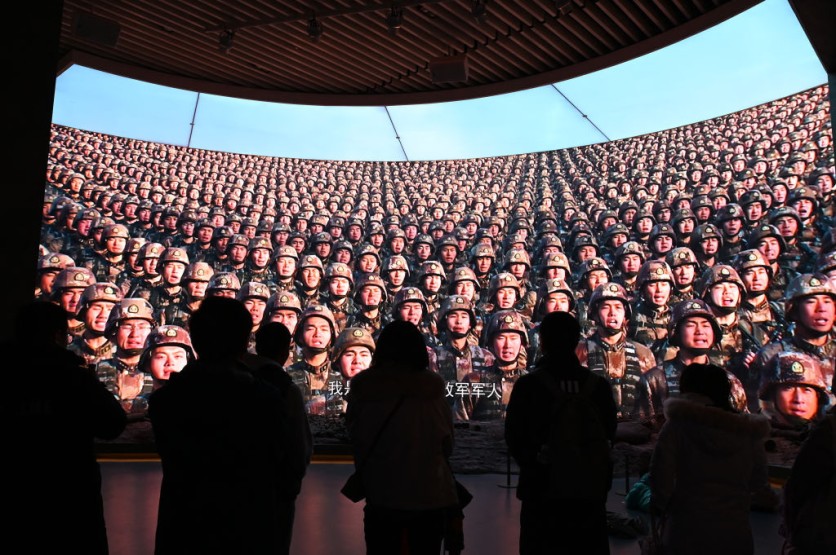A Chinese state-owned firm tried to utilize a collaboration with Imperial College London to gain AI technology for "smart military bases," according to a report.
The Guardian revealed that Jiangsu Automation Research Institute (Jari) contemplated using university scientists' military software, according to communication exchanges via email.
Jari, China's top drone battleship designer, told two Imperial employees this goal before negotiating a £3 million ($3.7 million) agreement with the institution in 2019. The UK government has increased security warnings concerning academic ties with China.
In April, MI5 warned vice chancellors that hostile regimes are using sensitive research for authoritarian, military, and economic purposes. Former Conservative leader Iain Duncan Smith warned that China is against "independent scientific study" and compared universities to "lambs to the slaughter" under such agreements.
The Imperial Data Science Institute's Future Digital Ocean Innovation Center, led by Prof. Yike Guo, sought to improve marine forecasting, computer vision, and intelligent manufacturing for civilian use. According to emails, Jari considered military options for the technology.
These emails were received by the NGO UK-China Transparency through Freedom of Information. In a 2018 email, Jari's research director outlined plans to test Imperial's software with "JariPilot" technology for "smart institutes, smart military bases, and smart oceans."
UK-China Transparency director Sam Dunning noted that their findings indicate an effort to link Imperial College London's "expertise and resources to China's military marine combat drone research programs."
Established in September 2019, the cooperation ended in 2021. After government negotiations, Imperial College returned £500,000 ($632,975). Charles Parton of the Royal United Services Institute called the relationship "highly inappropriate" and questioned the lack of due investigation.
China Investing More on Military AI
Beijing's AI investments go unnoticed by experts as they focus on hardware concerns. According to the Center for European Policy Analysis, China is investing heavily in AI to gain a competitive advantage in military technology to win future wars. After the 1991 Gulf War, Chinese strategists saw US knowledge superiority as a key advantage.
US capacity to "see" the battlefield, make quick judgments, and launch accurate attacks overwhelmed Iraqi forces. This finding pushed the Chinese military to emphasize information's importance in contemporary combat for decades.
Read Also : Google CEO Sundar Pichai Testifies at Ozy Media Trial, Denies $600 Million Offer to Acquire Fallen Startup
China also uses AI to create deepfakes and sway public opinion on social media. In light of the situation, some US government executives and defense industry insiders worry that China might already be outperforming the US in developing and fielding AI-enabled military equipment but China faces enormous AI development challenges.

China Partners with Russia in Military AI Development
Beijing relies on foreign chips for high-end AI. US export prohibitions hinder China's AI aspirations. However, US military and intelligence officials remain concerned about China's rapid AI development.
Amid the challenges, China is working with Russia on developing military AI, a major milestone in Beijing's geopolitical confrontation with Washington. In February, SCMP reported that the Russian foreign ministry said that officials from both nations discussed AI's military implications in Beijing.
The meetings included military AI technology assessments, doctrinal standards, and bilateral projects. The UN-backed Group of Governmental Experts (GGE) on Lethal Autonomous Weapons Systems (LAWS), a forum under the 1981 Convention on Certain Conventional Weapons, agreed to enhance coordination but did not identify the officials involved.
Chinese and Russian perspectives on AI in military applications are similar, highlighting the necessity of robust bilateral and international cooperation.
The Chinese statement confirmed outer space security, biosecurity, and AI talks, but did not include military AI. These technologies are becoming crucial to future geopolitical conflicts.
Related Article: China Introduces Photonic Chip Capable of Processing Hundred Billion Pixels in Just 6 Nanoseconds





